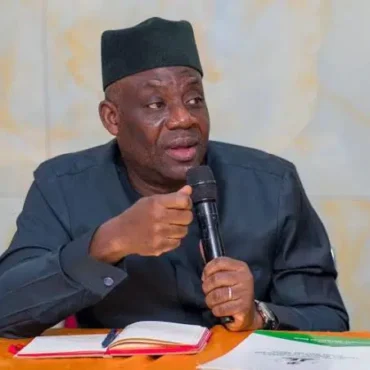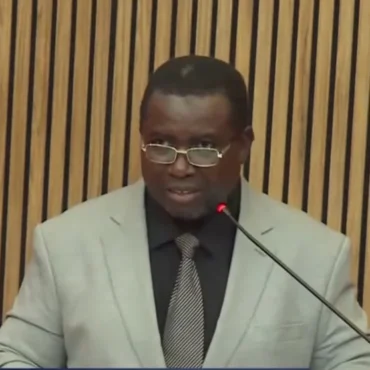The House of Representatives has rejected claims framing Nigeria’s security challenges as religious persecution or state-sponsored attacks on faith communities, reaffirming the country’s commitment to upholding freedom of religion and belief as enshrined in the Constitution.
In a motion of urgent public importance moved by Deputy Speaker Benjamin Kalu, the House strongly condemned all forms of violence and persecution based on religion or belief, expressing solidarity with victims of such violence regardless of their faith.
The House directed its Committees on Foreign Affairs, National Security and Intelligence, Interior, Information, Police Affairs, Civil Society, Human Rights, and National Orientation and Values to coordinate with the Federal Ministry of Foreign Affairs and Nigeria’s Embassy in Washington, D.C., to file a formal diplomatic demarche to the sponsors of a recent U.S. bill and relevant congressional committees.
The committees were also tasked with initiating engagement with the U.S. Mission in Nigeria and interested lawmakers in the U.S. Congress to propose a Nigeria–U.S. Joint Fact-Finding and Dialogue Mechanism on Freedom of Religion or Belief. This initiative would include participation from faith leaders and independent experts. Additionally, they are to invite the U.S. Commission on International Religious Freedom (USCIRF) to a hearing to examine the sources, methods, and conclusions of its reports on Nigeria.
The House resolved that the outcome of this deliberation should be communicated to the Presidency, Ministry of Foreign Affairs, security agencies, the leadership of the U.S. Congress, the U.S. Department of State, USCIRF, the African Union, and the ECOWAS Commission.
While presenting the motion, Kalu highlighted the complexity of Nigeria’s insecurity, noting it is driven by a mix of insurgency, banditry, farmer-herder conflicts, separatist movements, and communal disputes that affect citizens across all religious backgrounds. He stressed that these issues are not the result of any deliberate state policy targeting religious groups.
He also pointed out that Nigeria’s Constitution prohibits the adoption of a state religion and guarantees freedom of belief. Successive governments, security agencies, religious leaders, and civil society groups have taken steps to protect worshippers and prosecute offenders.






Post comments (0)